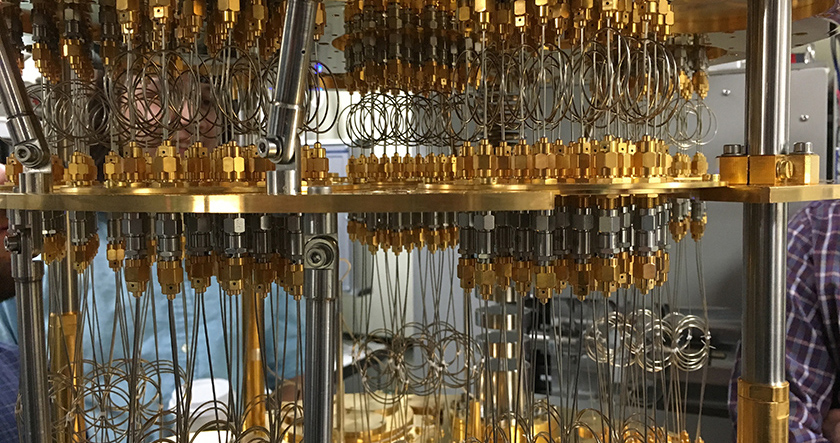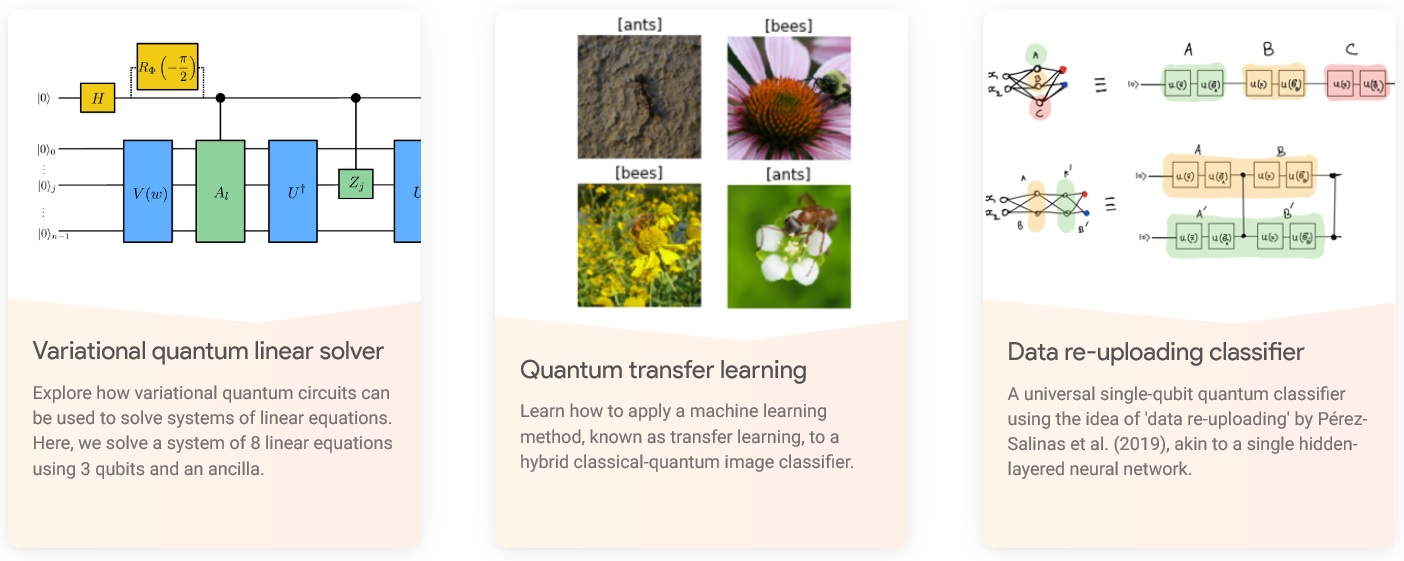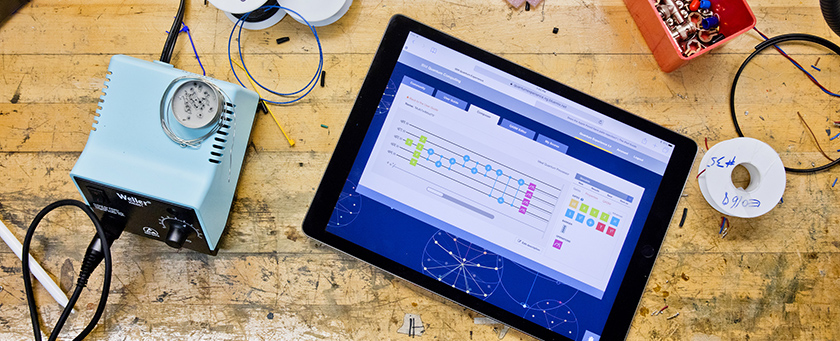Quantum Computing
New machine learning approaches based on quantum mechanics

In 2018 the European Union decided to invest 10 billion euros in emerging technologies based on quantum mechanics. This funding initiave is called Quantum flagship and should drive the so called second quantum revolution in Europe.
Many technologies in our every day life already rely on fundamental quantum mechanics, GPS navigation is a popular example for that. It actually combines the theory of relativity needed for signal transmission between our receivers and the GPS satellites and quantum mechanics as basis for the atomic clocks mounted in the satellites that time these signals. In the last decade we also saw a constant improvement of different approaches for quantum computing, where the concepts of superposition and entanglement are forming the basis of a new generation of computers. These quantum computers exploit such quantum phenomena to outmuscle conventional computers and should allow to reach quantum supremacy, i.e. they are able to solve certain problems very efficiently in contrast to classical (super)computers. Companies like Google, Microsoft or IBM are currently putting a lot of effort in the development of quantum computers based on superconducting qubits (see this paper for an overview on different qubit implementations for example) and they provide free access to their already existing machines. The usage of such quantum computers becomes more and more user friendly, e.g. it only takes a few lines of code to implement quantum teleportation of the information between two qubits.

Quantum computer at IBM, the wires are used for transmitting microwave pulses to control and manipulate superconducting qubits. (Photo by IBM)
Quantum Machine Learning
Combining quantum computing with machine learning sounds a bit like combining fancy buzzwords in a project application to make sure you get funded. But it is obviously much more than that, by exploiting superposition and entanglement of qubits it is possible to develop machine learning algorithms that have exponential learning rates compared to traditional approaches. This means under certain circumstances they can almost instantaneously learn new tasks or solve problems that are impossible to tackle with classical learning algorithms. Think about an optimization task like finding the fastest way through traffic where the algorithms should be able to adapt and learn very fast based on new situations and lots of data.

Some featured examples of quantum machine learning from the PennyLane website.
In the last years researchers developed algorithms for quantum computers that can process signals, search unsorted databases, look for smallest or largest numbers of complicated mathematical objects or efficiantly solve linear equation systems. Such computational tasks are also at the core of machine learning algorithms, thus the combination of quantum mechanics with AI is not that far fetched as you might think and there are already cross-platform libraries available for that (e.g. PennyLane). By exploiting the possibility to perform parallel manipulations on a plethora of test solutions and statistically converging to the best solution among them we can leverage the power of quantum physics for machine learning tasks.
Working with quantum computers
The main drawback of quantum computers is that they are still very prone to errors in the system, their fault tolerance is very low. To efficiently apply quantum algorithms to break codes or start a new era of AI we need thousands of entangled qubits that are resilient to errors. At the moment the quantum computers of IBM and Google allow to work with a few tens of qubits, so it will still take a while until large scale quantum computing is possbile but nevertheless already now we can develop and test corresponding algorithms.

Developing quantum algorithms and testing them on existing quantum computers is already possible. (Photo by IBM)




